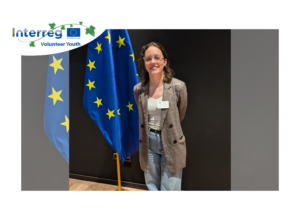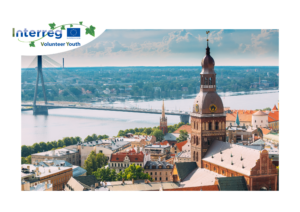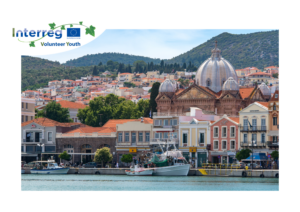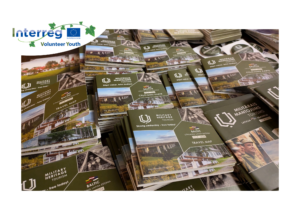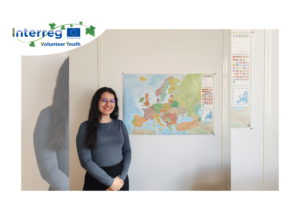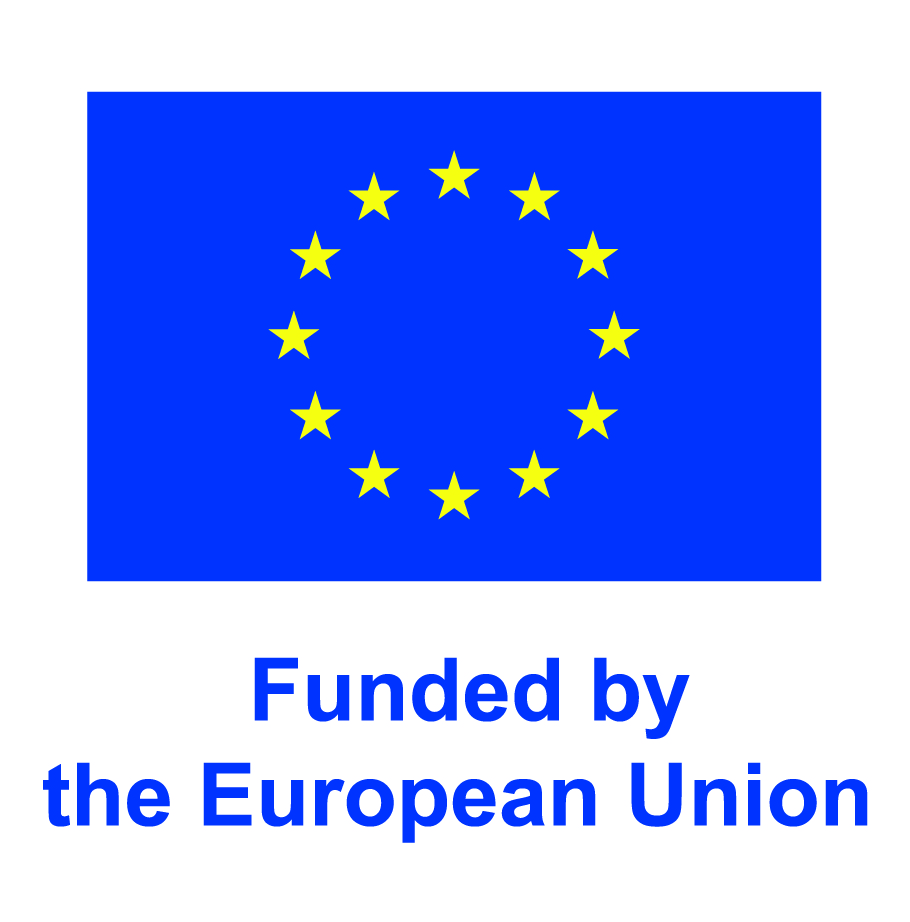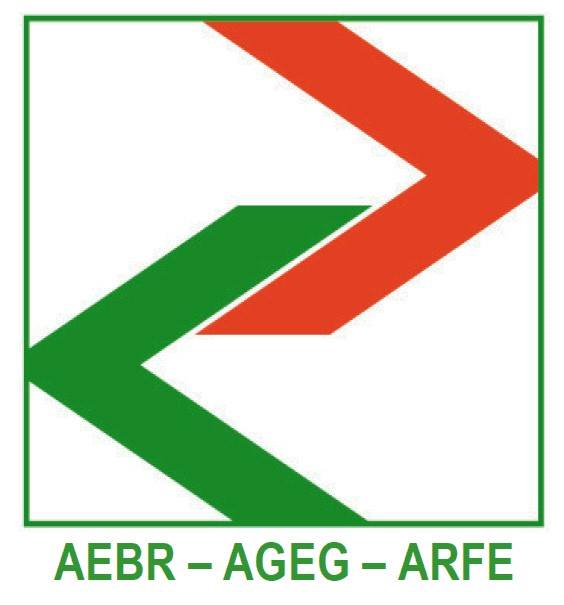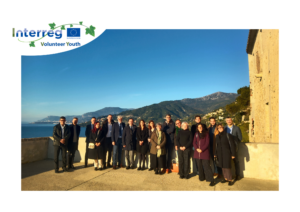
My Experience as an IVY Volunteer in the CROSUSMOB Project
I started my volunteer experience in mid-October 2024 with Xavier Garcia at the Région Sud in Nice, working on the Interreg project CROSUSMOB – Fostering Sustainable Cross-Border Mobility. The project began in April 2024 and will run until June 2028, and I am proud to be the first IVY volunteer on this initiative! What is CROSUSMOB? CROSUSMOB is a European cooperation project aimed at improving policies at local, regional, and national levels to overcome cross-border mobility barriers. It brings together five public partners from different regions: Basque Country (Spain) Institute of Traffic and Transport Ljubljana (Slovenia) Province of Drenthe (Netherlands) Provence-Alpes-Côte d’Azur Region (France) KTI Hungarian Institute for Transport Sciences and Logistics (Hungary) Project Objectives The key objectives of CROSUSMOB are: Establishing Cross-Border Transport Strategies: Ensuring that cross-border mobility is integrated into regional and national policies to better address local needs. Enabling Cross-Border Travelers: Encouraging citizens to contribute to sustainable, resilient, and intelligent intermodal transport systems. Simplifying Public Transport: Making sustainable transport the most attractive option by improving pricing, timetables, and connections. Modernizing Infrastructure: Expanding the availability of cross-border trains and promoting digitalization, interoperability, and infrastructure upgrades. My Role in the Project The project is structured into semesters, each with specific objectives. During the first semester, the main goal was to launch the project and establish communication channels. My task was to set up and manage the project’s social media accounts (LinkedIn, X), create a newsletter, and ensure that each partner met their communication obligations. We are now in the second semester, where the focus is on conducting regional diagnoses. This involves analyzing the mobility and transport landscape in each partner region to identify challenges and opportunities. I am currently working with my tutor on the territorial diagnosis for the Provence-Alpes-Côte d’Azur region, particularly in its cross-border connections with Italy (Liguria and Piemonte regions). This includes evaluating train services and cross-border mobility policies. What I’ve Learned and Enjoyed This project has taught me a lot about the communication needs of European projects and how to implement them effectively. My current tasks align perfectly with my academic background and skills, allowing me to move from theoretical knowledge to real-world application. Collaboration with partners is essential in this project. We hold regular online meetings and organize field visits each semester in a partner region. The first visit took place in Bilbao (Basque Country) in October 2024, and the second will be held in Aachen (Germany) in March 2025. In 2026, Nice will host one of these visits, which will be an exciting opportunity for my team to showcase our progress and for the future IVY to meet the team in real life. Being part of CROSUSMOB as an IVY volunteer has been an enriching experience, allowing me to contribute to an important initiative while gaining hands-on experience in European project management. I look forward to continuing my journey and seeing the project’s impact on cross-border mobility! – Carla, IVY Project Partner at Region Provence-Alpes-Côte d’Azur – SUD, for the Interreg project CROSUSMOB, under the programme Interreg Europe. Learn more about Région Sud Click Here Learn more about INTERREG Project CROSUSMOB Click Here

